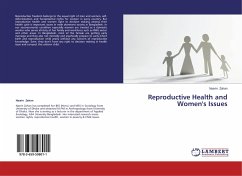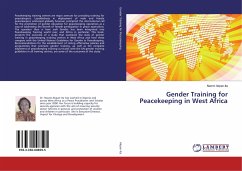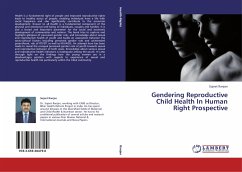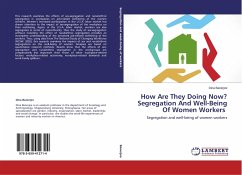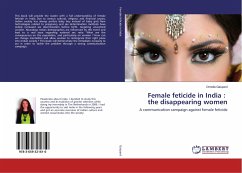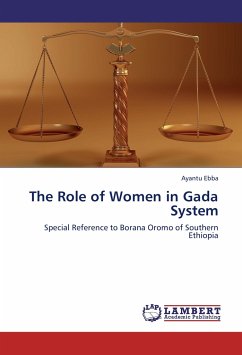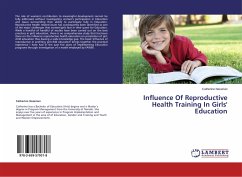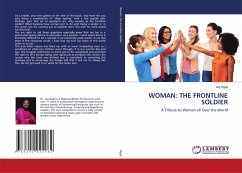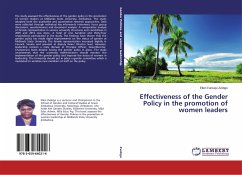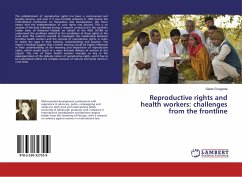
Reproductive rights and health workers: challenges from the frontline
Versandkostenfrei!
Versandfertig in 6-10 Tagen
24,99 €
inkl. MwSt.

PAYBACK Punkte
12 °P sammeln!
The establishment of reproductive rights has been a controversial and lengthy process, and even if it was formally achieved in 1994 during the International Conference on Population and Development, this never meant that the implementation of such rights was assured. This is an analysis of the data collected during a research carried out in the northern Indian state of Himachal Pradesh on behalf of the NGO SUTRA to understand the problems related to the translation of these rights at the rural level. The research wanted to investigate the relationship between frontline health workers and the c...
The establishment of reproductive rights has been a controversial and lengthy process, and even if it was formally achieved in 1994 during the International Conference on Population and Development, this never meant that the implementation of such rights was assured. This is an analysis of the data collected during a research carried out in the northern Indian state of Himachal Pradesh on behalf of the NGO SUTRA to understand the problems related to the translation of these rights at the rural level. The research wanted to investigate the relationship between frontline health workers and the concept of reproductive rights, in order to tackle the gaps in their training, understanding and practice. The report's findings suggest that a better training would be highly influential in their understanding of the meaning and importance of reproductive rights, which would result in a more inclusive delivery of services in this regard. The role of these health workers emerges as key in theimplementation of the delicate notion of reproductive rights, and it has to be understood within the complex scenario of cultural and social norms in rural India.



